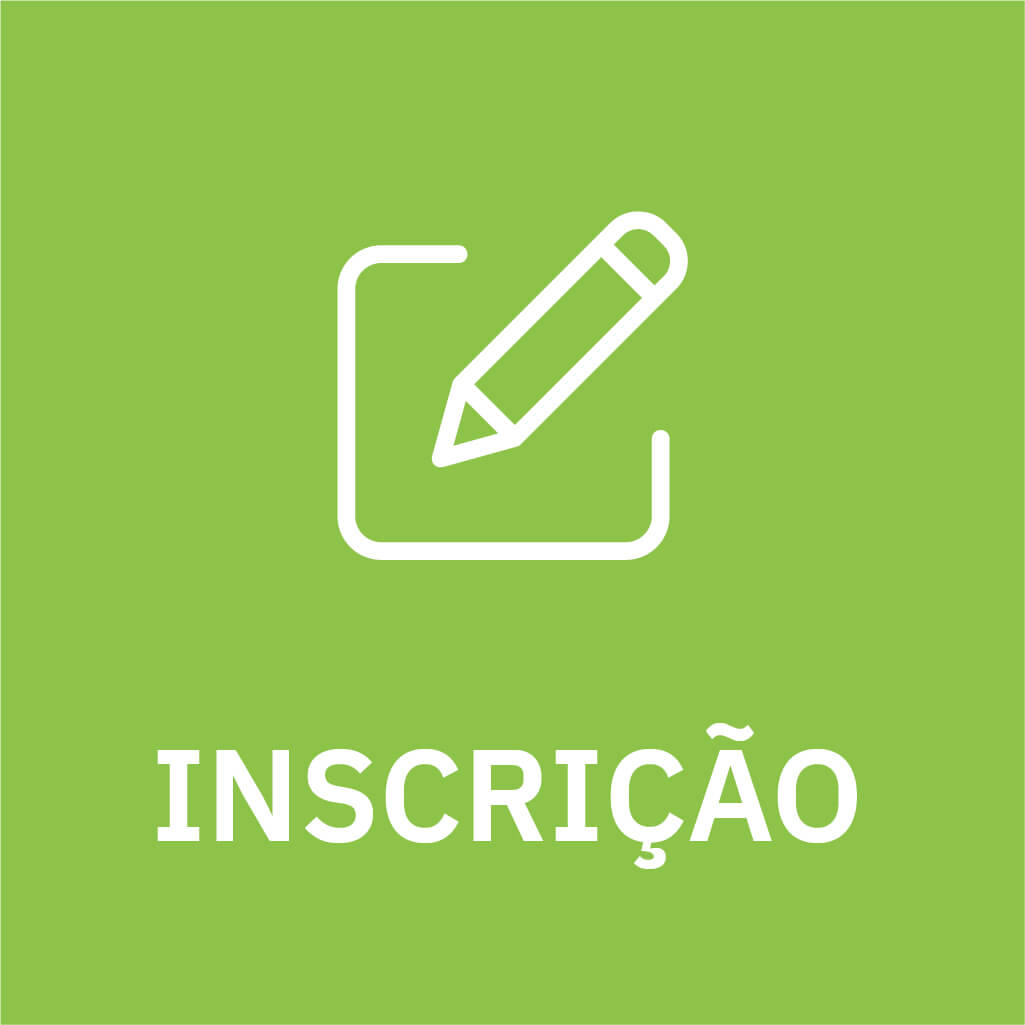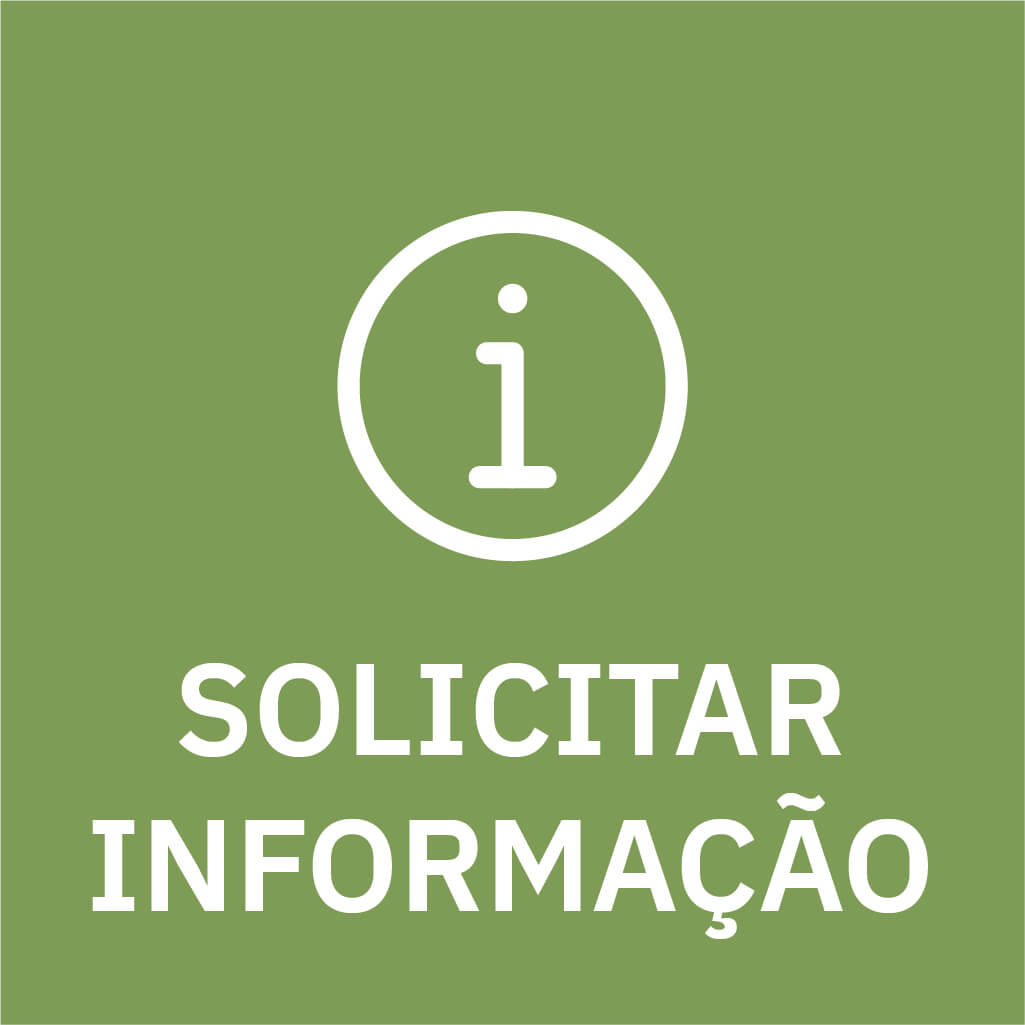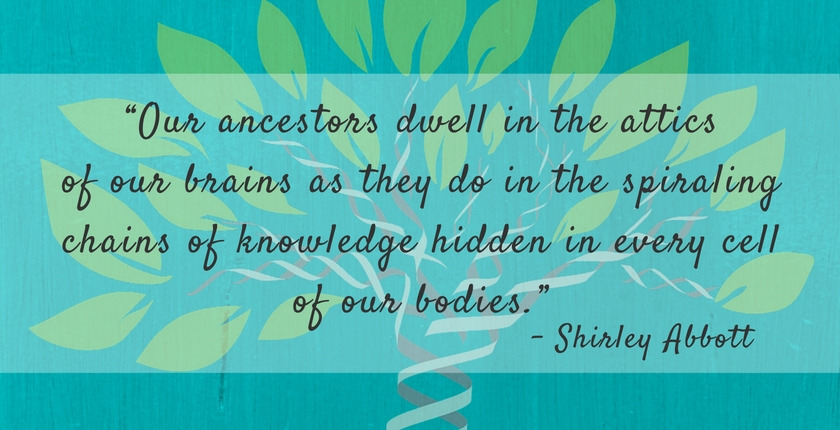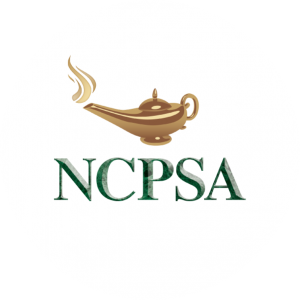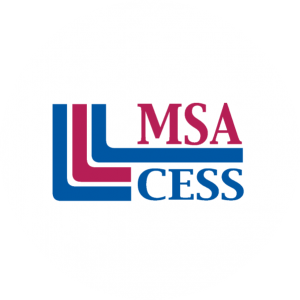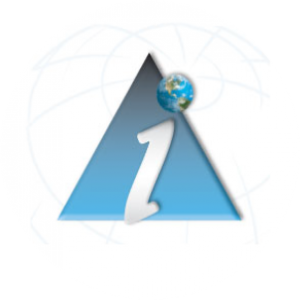[vc_row][vc_column][vc_column_text]By Carol Caraccia, Off-Campus Program Advisor
Genealogy is becoming a popular and ever-growing hobby for many around the globe. Just look at the number of genealogy-related shows and commercials on television today. People are inquisitive as to their ancestral background, and now it is easier than ever to access records and documents from around the world.
But, what does genealogy have to do with school? Whether the learning takes place in a classroom or at home, the answer is probably more than you think. Incorporating this project-based topic into students’ learning plans can be a potential fit for a variety of subjects. The following areas can easily be covered.
History
Discovering where your ancestors came from as well as when and why they emigrated helps give insight into cultural conditions around the world. Was there famine? Did war or government influence their decision to leave their country? It is fascinating to dig deeper into the location and cultural aspects of a family’s life to paint a picture of their story, rather than just collect names and dates. Passenger lists, census, and naturalization records are great resources to use when beginning your initial research.
Geography
For many of the same reasons listed above, geography can also be a part of learning family history. Where did your ancestors emigrate from? How did they travel to their new home? What was their reason and motivation for moving? If they were in the United States, did they travel west to acquire land or perhaps gold? Using maps and Google Earth, you can “see” the trail they may have traveled. Land records and plat maps are also great resources to assist in making the connection between genealogy and geography.
Science
With the decreasing costs and ease of access to test kits, DNA is another great resource tool for learning about science and your ancestors. The test kits can provide your ethnic background in addition to being a great starting point for understanding the science of your genes. The following websites provide DNA test resources to help you get started: AncestryDNA, 23andMe, and Family Tree DNA.
Added Benefits of Studying Genealogy
In addition to developing and learning research skills across subject areas that can be useful for years to come, communicating with grandparents and older family members can be a priceless reward for any student. Simply asking “what was life like when you were a kid?” can help build a bridge between the generations; while looking through old family photographs can be a great way to open dialogue and spend time together.
As an avid genealogy enthusiast, I know firsthand how fun and exciting researching your family tree can be. Give it a try! Who knows what you’ll discover? These websites can help you get started:
- American Ancestors
- Ancestry (requires a subscription)
- FamilySearch
- FamilyTree.com (includes articles about interviewing relatives and other research tips)
- Find a Grave
- Random Acts of Genealogical Kindness (provides free forms to download and print)
- The Statue of Liberty – Ellis Island Foundation
What ideas or questions do you have about incorporating genealogy into your student’s learning? Please share them with us below.[/vc_column_text][/vc_column][/vc_row]

